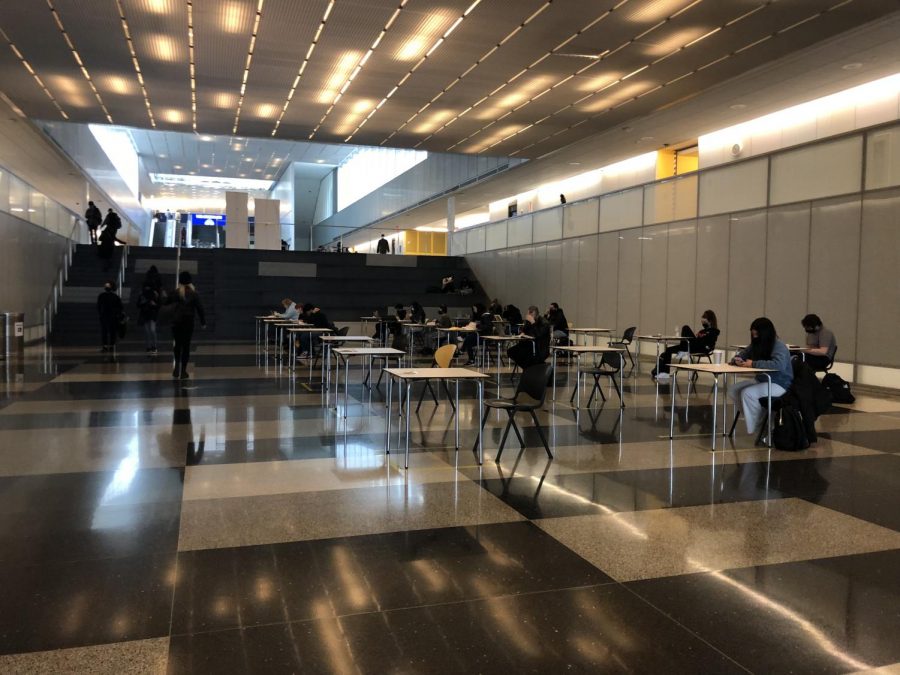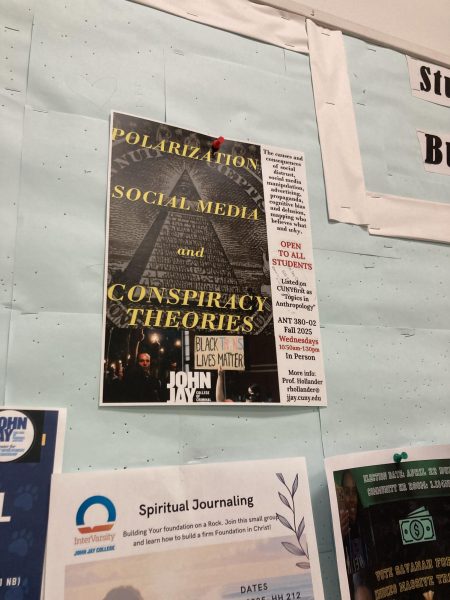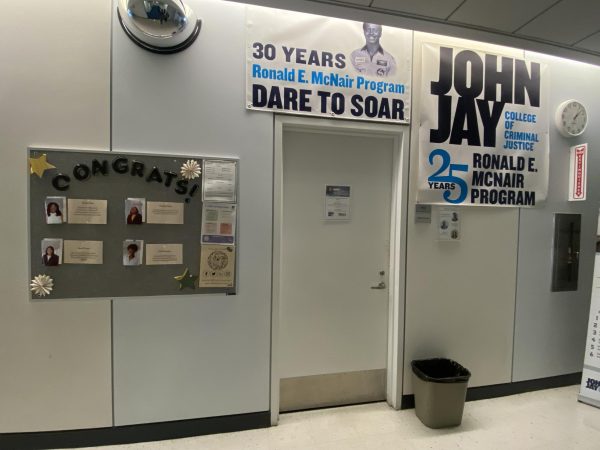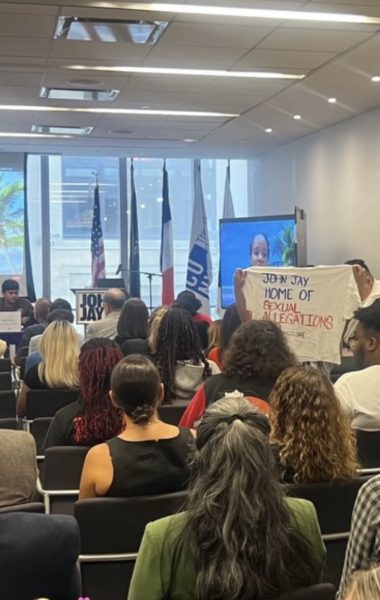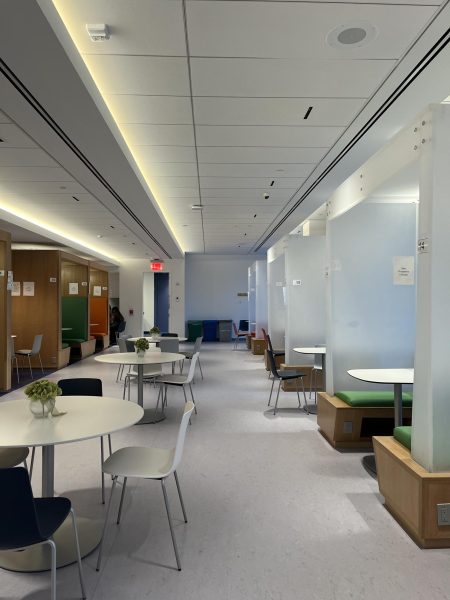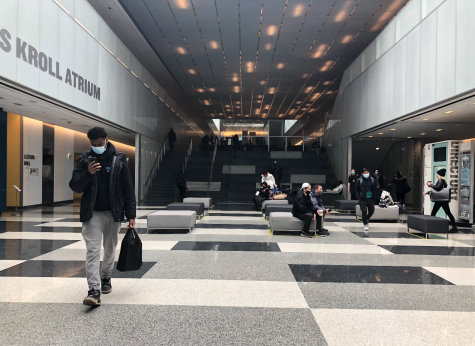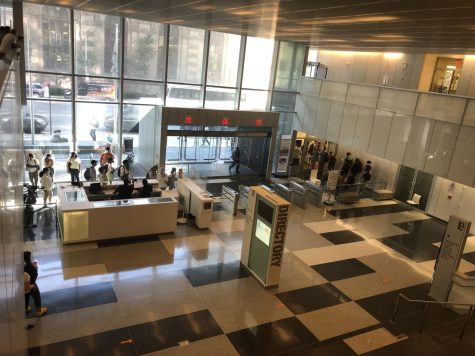Governor Hochul Announces a Vaccine Mandate for CUNY and SUNY Faculty as Calls for Workplace Flexibility Continue
On December 31, New York Governor Kathy Hochul announced a vaccine mandate for CUNY and SUNY faculty as part of her five-part Winter Surge Plan 2.0. While most faculty members supported the decision, it added to many members’ desires for a more flexible schedule for the Spring 2022 semester.
“As I’ve said all along, we’re going to protect the health of New Yorkers, but also health of the economy,” Hochul said as she announced the mandate. “When you think about what happens to many of the smaller communities, particularly upstate, Long Island – when a community college shuts down or a SUNY school or a private school is shut down, that is devastating to the local economy. We can avoid this because last time we didn’t have vaccinations, we didn’t have boosters, we didn’t have the rapid testing available.”
Following Hochul’s announcement, CUNY’s Professional Staff Congress (PSC) President James Davis said in an email to CUNY faculty members that the PSC has submitted a request to CUNY to bargain the implementation of the vaccine mandate, to ensure that members’ due process rights and interests are upheld through the negotiations.
Davis said the vaccine mandate was a welcome announcement and that it was a critical layer of protection in the workplace, but vaccines are not enough. According to Davis, CUNY must take additional measures so that each campus can ensure the safety of its faculty and students.
Additionally, CUNY and SUNY students will be required to receive boosters when eligible effective January 15 per Hochul’s announcement. Students were required to be vaccinated in October.
The PSC started a petition to CUNY Chancellor Félix V. Matos Rodriguez to encourage the administration to provide clear, sensible, and safe guidance for the Spring 2022 semester while being responsive to emerging information about new COVID variants.
The petition encourages CUNY to permit academic departments to exercise independent judgment about the appropriate percentage of Spring 2022 in-person classes rather than adhere to the mandated 70%. The petition also asks to count hybrid classes toward the in-person category for Spring 2022, as they were in Fall 2021, and for the Chancellery to define what qualifies a course as hybrid.
“Not only do we need a safe workplace, we also need to reestablish flexibility for staff to work remotely and reclaim faculty authority over curriculum, scheduling, and related matters over which CUNY administrators have asserted authority in the emergency conditions of recent semesters,” Davis said.
According to the CUNY COVID-19 Safety Tracker’s most recent data, John Jay had the highest rate of positive tests at 12.90% among campuses that tested at least 100 people. During the most recent week, 17 tests returned positive at John Jay’s affiliate location, which amounts to nearly half of the college’s positive tests since August 25. John Jay also had 50 positive tests from non-CUNY sites in the most recent week’s data, the highest across CUNY campuses. Almost all other CUNY campuses have experienced significant rises in positive cases similar to numbers around New York City.
But before Omicron and the uptick in infections, CUNY faculty had already called for a more prominent voice in establishing a more flexible Spring 2022 schedule.
In late November, the John Jay Chapter of the PSC communicated via email to Provost Li about the new CUNY hybrid course policy, which counts hybrid courses toward the online course section of CUNY’s 70%-30% in-person to online course modality. In addition, the John Jay PSC Chapter wrote an open letter to President Mason and Provost Li concerning the Omicron surge.
According to several faculty members, the shift of hybrid courses to count as online rather than in-person has been especially troublesome.
In John Jay’s December Town Hall Meeting, Interim Assistant Vice President of Enrollment Management Daniel Matos said 15% of course sections for the Spring 2022 semester would be hybrid, meaning the course would have some in-person component. He added that when factored in with the 70% fully in-person classes, some 80% of courses will have an in-person element in spring.
John Pittman, a John Jay Professor of Philosophy and Co-chair of the John Jay chapter of the PSC, said the hybrid policy decision by the Chancellor was “pedagogically questionable.”
“Pedagogical decisions are made by the faculty and by the elected representatives of the faculty, who are in the best position to judge the specific needs of the students,” Pittman said.
According to Pittman, when decisions are made on high and then passed down as demands that everyone has to fall in line and carry out, it goes against the basic principles of what a university is supposed to be.
One problem that arose from CUNY’s scheduling mandate was a difficulty in accommodating faculty members who wanted to instruct online courses when the availability of such classes was drastically reduced. Many members who are or live with someone immunocompromised often sought online instruction.
Jay Gates, a John Jay English Professor who chairs both the English Department and the Committee of all Department Chairs, said that CUNY’s way of making decisions over the pandemic has made his role as Department Chair a nightmare.
According to Gates, the decisions made have been untimely, lacking in transparency, and frustrating. He said that it has just been a scramble every semester to figure out how to put a schedule together.
“When it comes to decisions that come from CUNY, yes, we have been left out,” Gates said.

James Van Bramer is a senior majoring in Political Science and minoring in Digital Media & Journalism. Van Bramer spends his time hosting the virtual...

Tzvia Waronker is the Web Editor for The John Jay Sentinel. She is a junior majoring in Forensic Psychology and minoring in Digital Media & Journalism...


